 Just Read: Broken by Shiloh Walker, trade paperback
Just Read: Broken by Shiloh Walker, trade paperbackWhy I picked it up: In a word? Quinn. He was a secondary character (as well as the brother of one of the protagonists) in Shiloh's novel Fragile, and he stayed in my head long after I read that one.
What I liked: Quinn. The pace, the characters, the focus. Quinn. The slow unraveling of the mystery surrounding the female protag. Quinn. The clever plotting. Quinn. A huge twist, which if anyone gives away they should be flogged publicly while the author watches from a velvet settee as half-naked strapping young men feed her chocolates and rub her feet. Did I mention Quinn?
What I didn't like: The fact that the author got me with the end twist. I cursed like a PMSing witch on amphetamines when I reached that page, but then I had an entirely different ending figured out, and I hate to be wrong. Excellent twist, though.
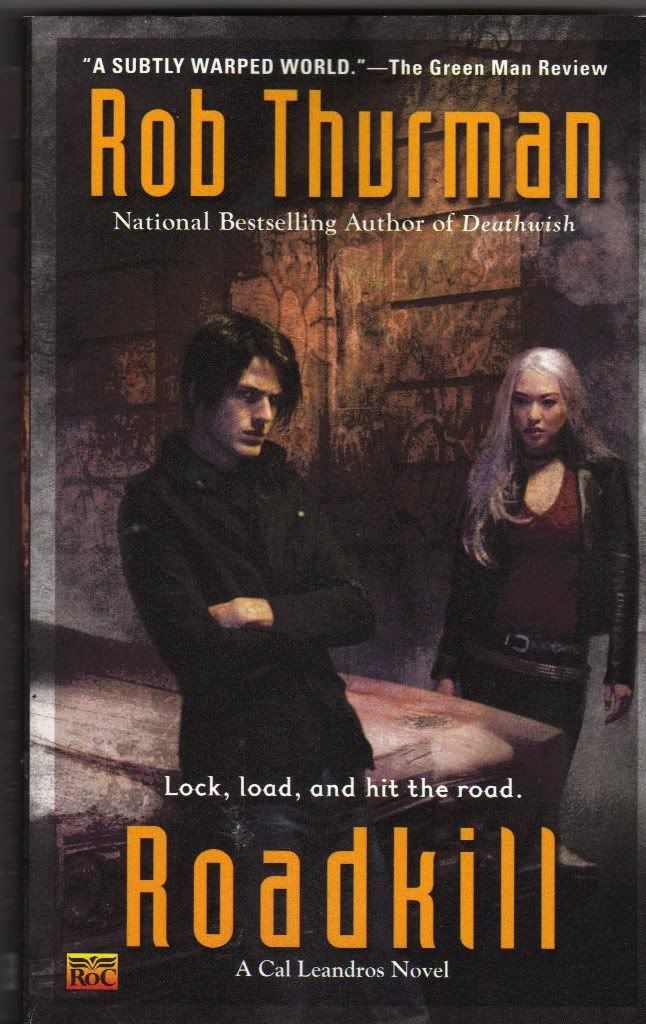 Reading: Roadkill by Rob Thurman, mass market paperback
Reading: Roadkill by Rob Thurman, mass market paperbackWhy I picked it up: Because if I don't read Rob Thurman every couple of months I turn an ugly color of blue and drop like a stone. Wait, that's if I stop breathing. Okay, almost the same thing happens when I don't read Rob Thurman.
What I like: You know how in some series authors don't let their young protags age or mature, and after three or four books they start reminding you of the creepy kid vampire in those Anne Rice books? Or Dick Clark? Not happening with Cal Leandros; he is definitely growing up. And without giving away spoilers, let's just say that it is quite, ah, seismic.
What I don't like: The antagonist, aptly named Plague of the World. In my defense, I have a repressed immune system, and this guy is the stuff of my very real nightmares. But why read dark urban fantasy if it can't scare at least a little of the bejesus out of you, right?
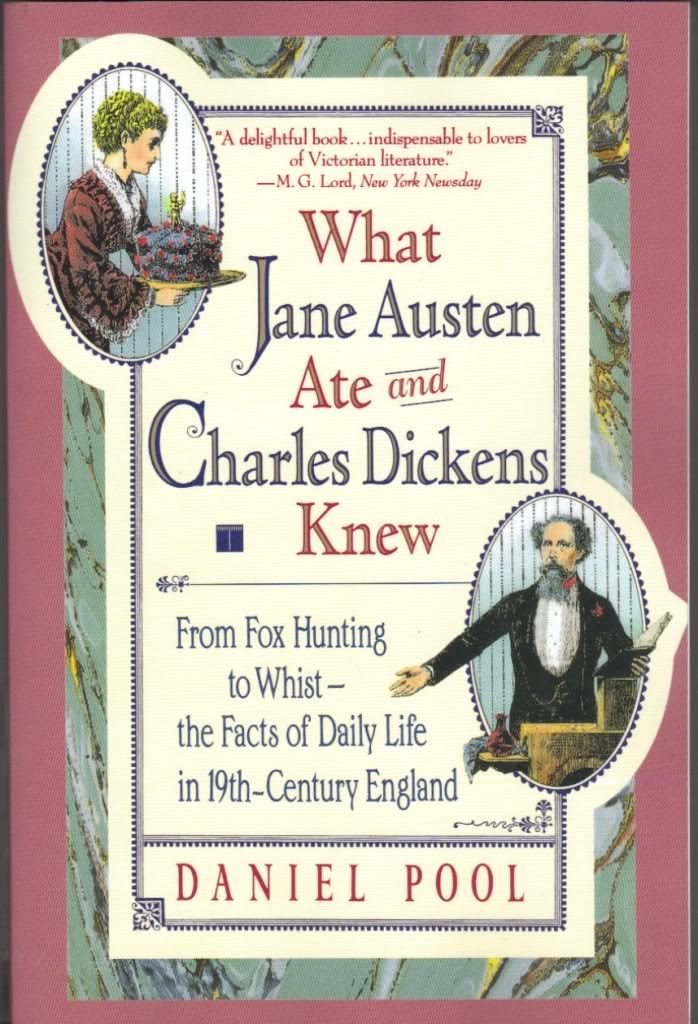 Will Read: What Jane Austen Ate and Charles Dickens Knew by Daniel Pool, trade paperback reprint
Will Read: What Jane Austen Ate and Charles Dickens Knew by Daniel Pool, trade paperback reprintWhy I picked this up: Our blogpal Vanessa Jaye gets the blame (again); she wrote about it and it sounded like something I'd enjoy.
What I expect to like: All the parts about Austen. I also expect vampires, zombies and other mashup creatures will not be showing up in the text and oozing all over Austen.
What I expect not to like: All the parts about Dickens. It's a grudge thing; I still haven't forgiven him for that ridiculous opener he wrote for A Tale of Two Cities.
So what books have you guys read, are reading or plan to read in the near future, and why? Let us know in comments.
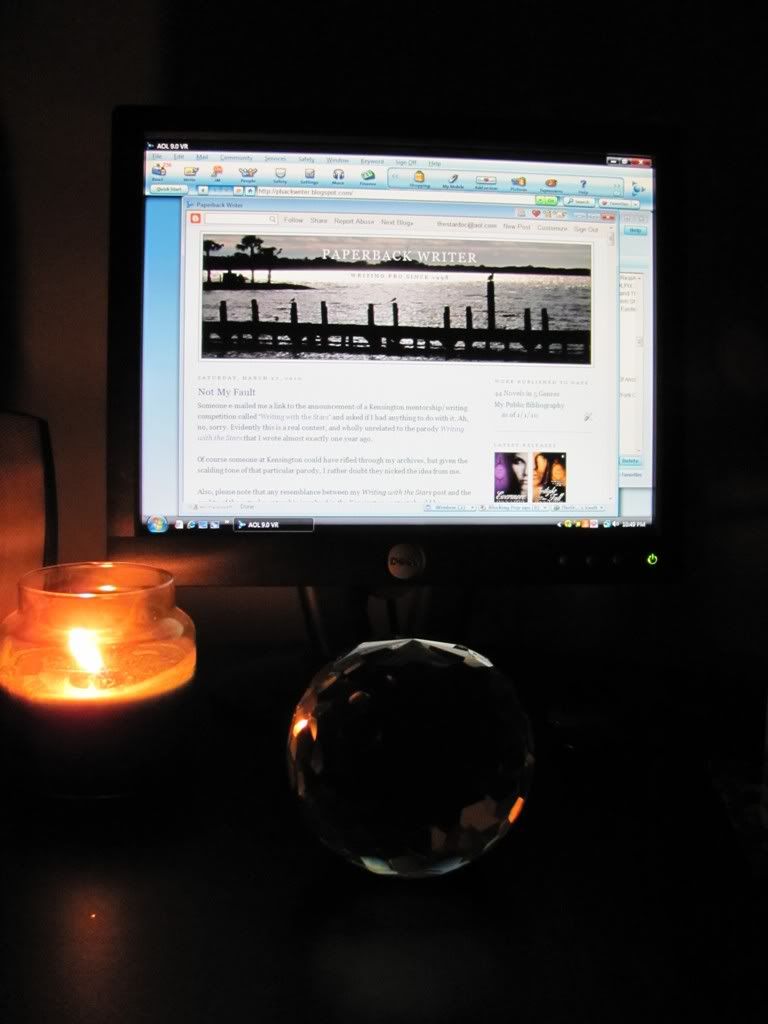 A lot of people think I'm psychic. I'm not. I make a few educated guesses. Occasionally I just bet on the right random pony. Mostly it's simple dumb luck. Honestly, if I really could predict the future, I would not be Paperback Writer. I would be Tibetan Cave-Dwelling Chick.
A lot of people think I'm psychic. I'm not. I make a few educated guesses. Occasionally I just bet on the right random pony. Mostly it's simple dumb luck. Honestly, if I really could predict the future, I would not be Paperback Writer. I would be Tibetan Cave-Dwelling Chick.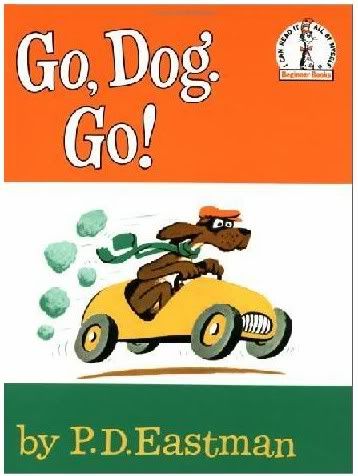 Like most parents who read to their kids, I can (still) recite from memory most of the popular Dr. Seuss books. Go Dog Go was my daughter's favorite; Green Eggs & Ham was my son's (mine is Put Me in the Zoo, which I still think is the best of Seuss.)
Like most parents who read to their kids, I can (still) recite from memory most of the popular Dr. Seuss books. Go Dog Go was my daughter's favorite; Green Eggs & Ham was my son's (mine is Put Me in the Zoo, which I still think is the best of Seuss.)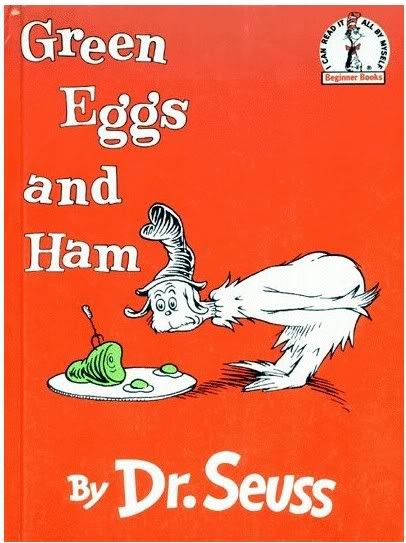 The first book I owned was one I bought myself for the then-exorbitant sum of ninety-five cents from a Scholastic book flier my teacher handed out. I paid for it by borrowing the money from my grandmother and then paying her back a nickel at a time by doing extra chores after school. I washed a small mountain of dishes and folded a couple dozen baskets of clothes for that book, which I still own, btw. I'm also not too old or proud to admit that every couple of years I take that book out and read it -- and still love every word.
The first book I owned was one I bought myself for the then-exorbitant sum of ninety-five cents from a Scholastic book flier my teacher handed out. I paid for it by borrowing the money from my grandmother and then paying her back a nickel at a time by doing extra chores after school. I washed a small mountain of dishes and folded a couple dozen baskets of clothes for that book, which I still own, btw. I'm also not too old or proud to admit that every couple of years I take that book out and read it -- and still love every word. 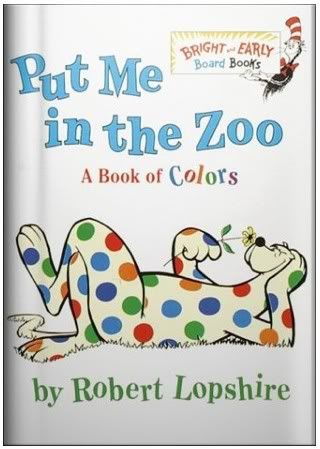 I can't offer you any hard statistics on how the books I read and loved in childhood helped me as an adult. I make my living writing books, but of course that might just be a coincidence. Reading a biography about Abraham Lincoln and how he educated himself also probably had nothing to do with me teaching myself to write stories. Harper Lee's To Kill a Mockingbird and A.M. Lightner's Day of the Drones likely had no influence on me during desegregation, when I ignored all the racist adults shrieking at each other and made my first African-American friends.
I can't offer you any hard statistics on how the books I read and loved in childhood helped me as an adult. I make my living writing books, but of course that might just be a coincidence. Reading a biography about Abraham Lincoln and how he educated himself also probably had nothing to do with me teaching myself to write stories. Harper Lee's To Kill a Mockingbird and A.M. Lightner's Day of the Drones likely had no influence on me during desegregation, when I ignored all the racist adults shrieking at each other and made my first African-American friends. 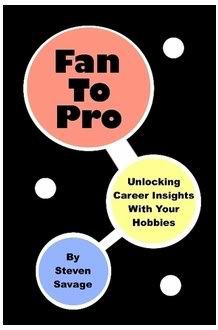 This morning I stopped by
This morning I stopped by 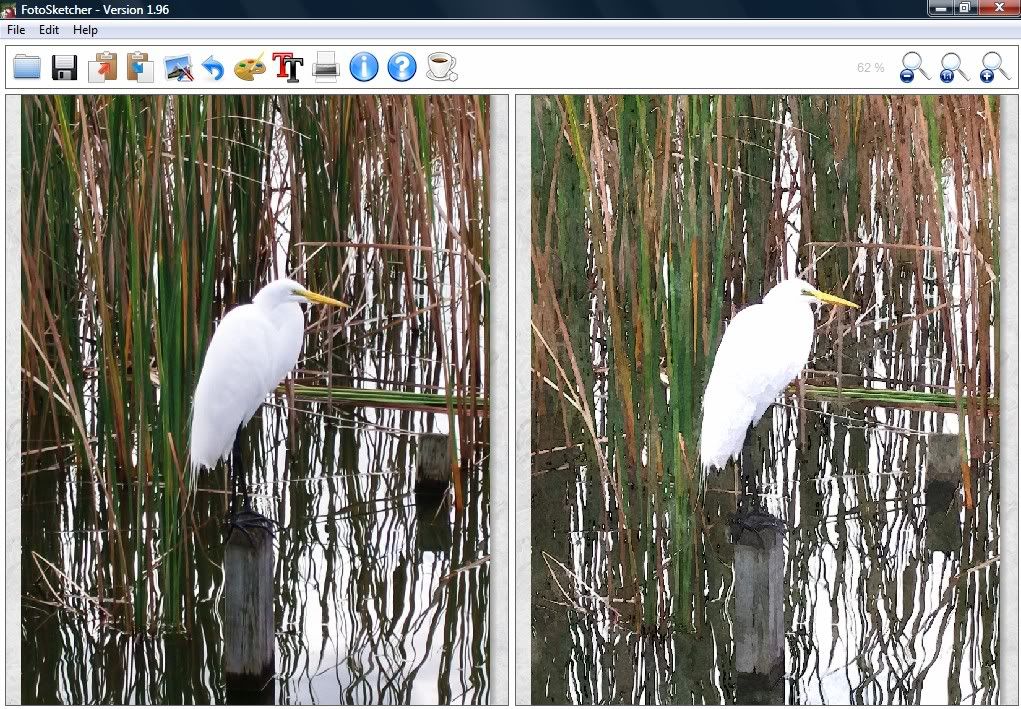

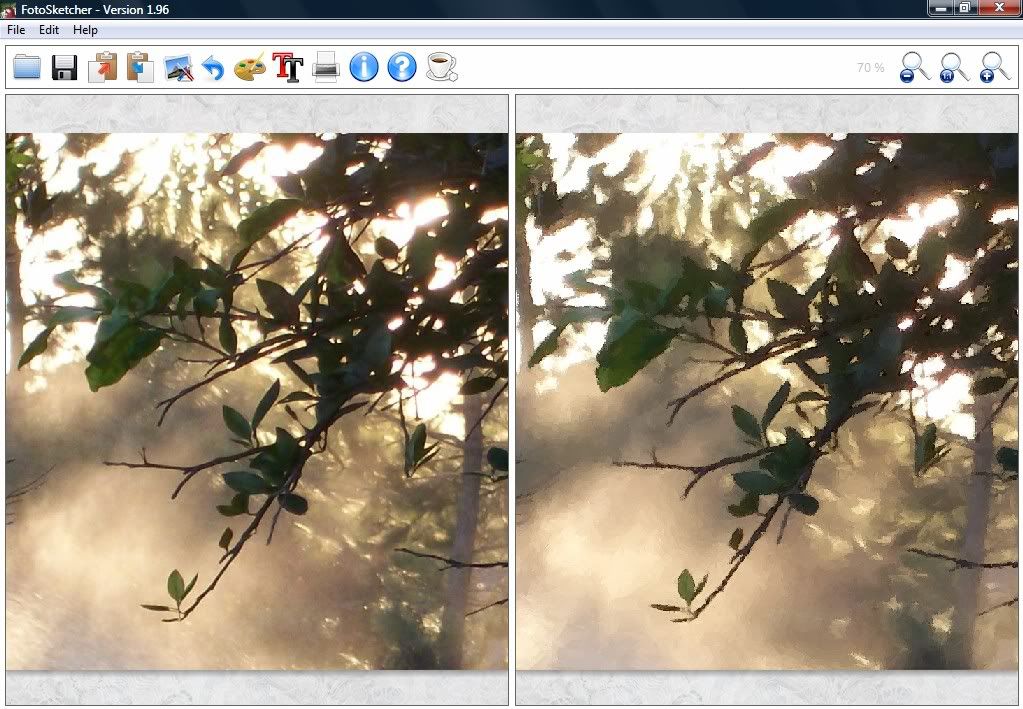
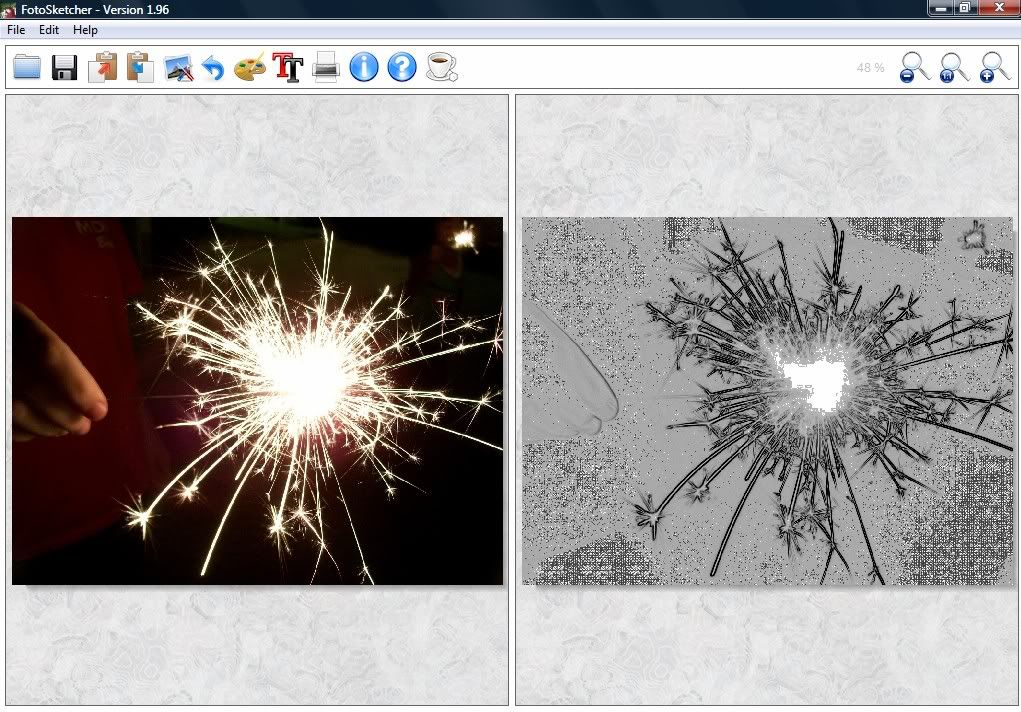
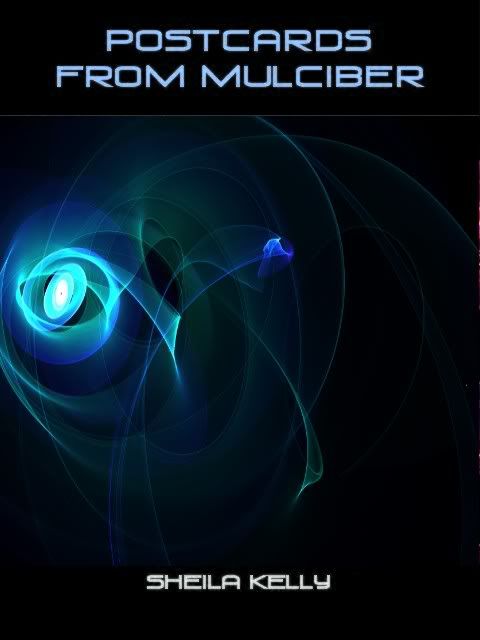

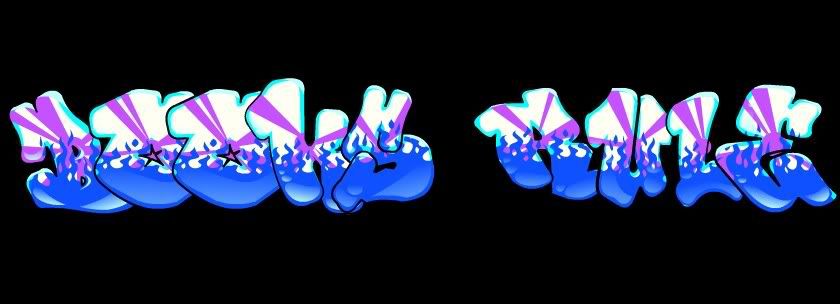
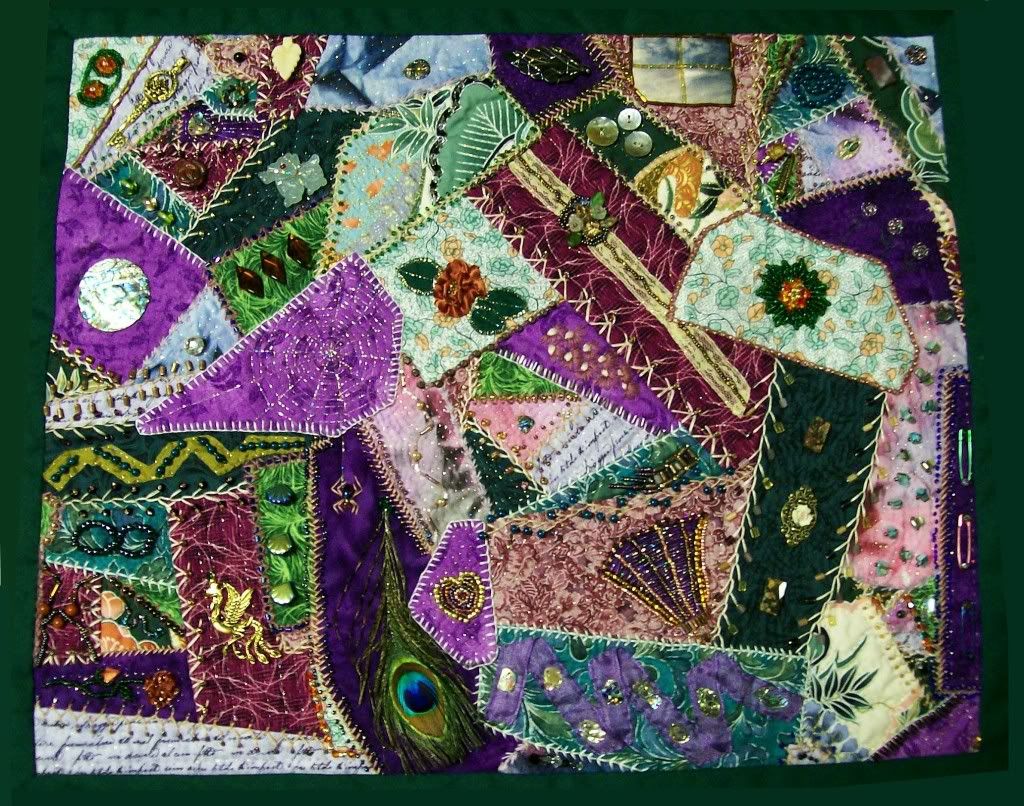

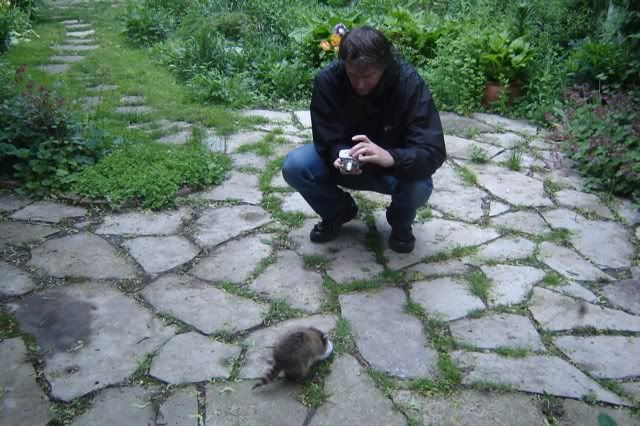
 The one complaint I hear most often from people who love books is that they never have enough time to read anymore. They blame the demands of day jobs, family and household chores as the cause, and since these are all time-consuming parts of life I don't disagree with them. What I think eats into reading time are other, less noticeable preoccupations along with some old bookish habits that no longer fit with most people's lifestyle.
The one complaint I hear most often from people who love books is that they never have enough time to read anymore. They blame the demands of day jobs, family and household chores as the cause, and since these are all time-consuming parts of life I don't disagree with them. What I think eats into reading time are other, less noticeable preoccupations along with some old bookish habits that no longer fit with most people's lifestyle.
 It all began with a watercolor I painted one morning while thinking about recovering from a tough situation in life. We've all been there, and I think once the disaster is over all we wish for is some measure of calm or quiet so we can sort ourselves out and heal. This I channeled into the portrait of my character, Charlotte (Charlie), who as an EMT is in the business of providing the first step in recovery for others.
It all began with a watercolor I painted one morning while thinking about recovering from a tough situation in life. We've all been there, and I think once the disaster is over all we wish for is some measure of calm or quiet so we can sort ourselves out and heal. This I channeled into the portrait of my character, Charlotte (Charlie), who as an EMT is in the business of providing the first step in recovery for others. The first thing I made was a slightly oversized quilted ATC, to make Charlie's image iconic. Our protagonists are heroic figures, and I believe first responders are some of the most noble people on the planet. Despite this, they're often taken for granted or go unnoticed by the general public until that person is in need of rescue and critical care. Such is the case with Charlie, and before I started taking her apart and putting her back together, I wanted to pay some homage to her and her profession.
The first thing I made was a slightly oversized quilted ATC, to make Charlie's image iconic. Our protagonists are heroic figures, and I believe first responders are some of the most noble people on the planet. Despite this, they're often taken for granted or go unnoticed by the general public until that person is in need of rescue and critical care. Such is the case with Charlie, and before I started taking her apart and putting her back together, I wanted to pay some homage to her and her profession. The next step was to casually see Charlie as others around her every day do. Her work defines her personality, which is practical, quick, focused, and not especially girly or frivolously feminine. Like this little emergency kit I put together (handy to keep in the car or the purse) By nature and profession Charlie is an excellent immediate problem-solver. If you had a personal dilemma, she would listen and offer useful options. She would not always be entirely sympathetic, though, as someone who can't decide which guy to date ranks fairly low on her list of Serious Life Problems.
The next step was to casually see Charlie as others around her every day do. Her work defines her personality, which is practical, quick, focused, and not especially girly or frivolously feminine. Like this little emergency kit I put together (handy to keep in the car or the purse) By nature and profession Charlie is an excellent immediate problem-solver. If you had a personal dilemma, she would listen and offer useful options. She would not always be entirely sympathetic, though, as someone who can't decide which guy to date ranks fairly low on her list of Serious Life Problems. Charlie also has her own issues relating to a fairytale childhood that came to an abrupt and brutal end, and from which she was never rescued until she saved herself. Thus wealth, privilege and all the glittery bits of the entitled life are some of her hottest buttons, and bring out in her feelings of resentment, hatred and disgust. She also carries around some baggage from relationships at which she's failed and anger she's never resolved, which she generally channels into physical activity (which is why she's in great shape, she uses running and weight training as an outlet.) Her natural aggression makes her very good at her job -- a timid EMT wouldn't be employed for long -- but it also costs her when it comes to forming friendships and enjoying intimacy. Like this tin of buttons, Charlie usually keeps a tight lid on her emotions because she knows they're not always a plus, but because she hasn't yet dealt with her issues, they're still there, always waiting to spill out.
Charlie also has her own issues relating to a fairytale childhood that came to an abrupt and brutal end, and from which she was never rescued until she saved herself. Thus wealth, privilege and all the glittery bits of the entitled life are some of her hottest buttons, and bring out in her feelings of resentment, hatred and disgust. She also carries around some baggage from relationships at which she's failed and anger she's never resolved, which she generally channels into physical activity (which is why she's in great shape, she uses running and weight training as an outlet.) Her natural aggression makes her very good at her job -- a timid EMT wouldn't be employed for long -- but it also costs her when it comes to forming friendships and enjoying intimacy. Like this tin of buttons, Charlie usually keeps a tight lid on her emotions because she knows they're not always a plus, but because she hasn't yet dealt with her issues, they're still there, always waiting to spill out. In the novel, Charlie is transported to a beautiful place where her life actually depends on how well she adapts to a pampered, privileged existence in Paradise. For most of us that sounds ideal, at least on the surface, but for Charlie it is absolutely the worse thing that can happen to her. Like this quilt, she's trapped in a beautiful place surrounded by danger and shadows. No matter how luxurious a cage, it's still a prison, but for Charlie it's also like a warp-speed trip back in time to the worst moments of her young life. If she is going to survive, she will have to face everything in her past that she's been avoiding for so long.
In the novel, Charlie is transported to a beautiful place where her life actually depends on how well she adapts to a pampered, privileged existence in Paradise. For most of us that sounds ideal, at least on the surface, but for Charlie it is absolutely the worse thing that can happen to her. Like this quilt, she's trapped in a beautiful place surrounded by danger and shadows. No matter how luxurious a cage, it's still a prison, but for Charlie it's also like a warp-speed trip back in time to the worst moments of her young life. If she is going to survive, she will have to face everything in her past that she's been avoiding for so long. 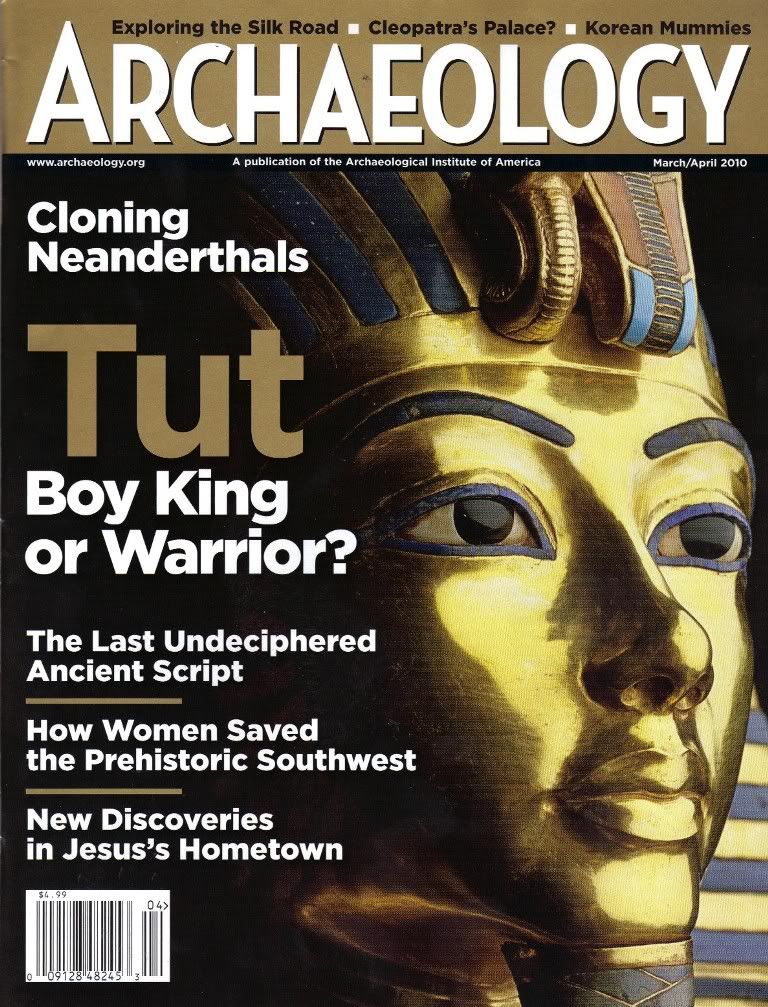 The March/April '10 issue of
The March/April '10 issue of 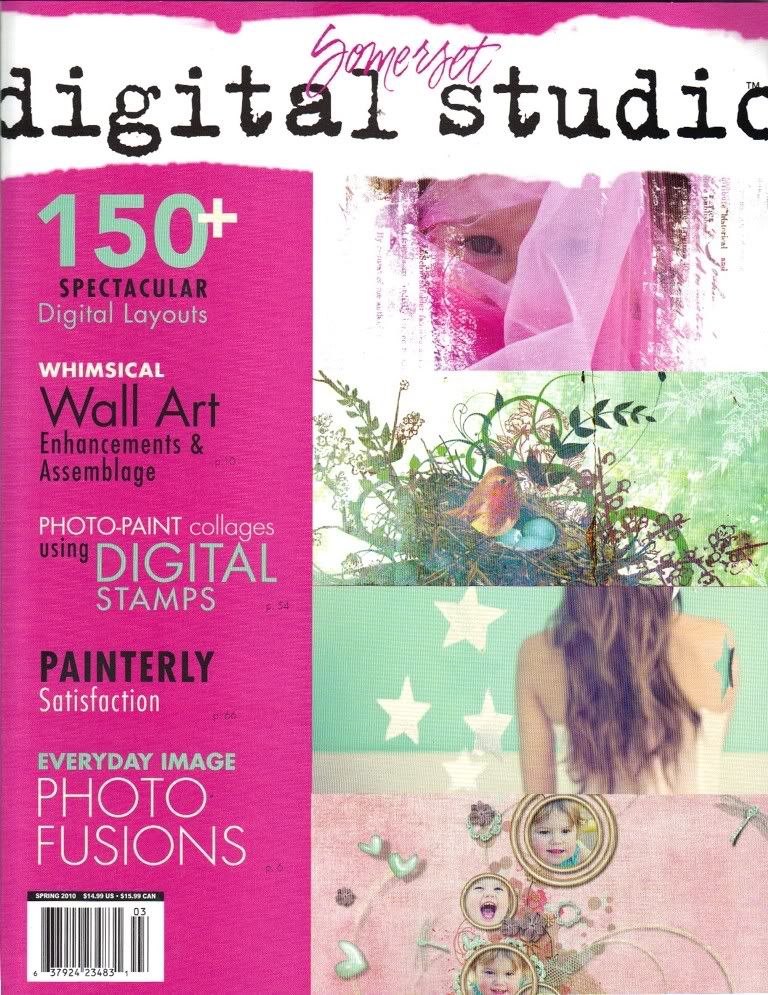 I am quickly becoming addicted to just about everything Stampington & Company publishes, and their Spring 2010 issue of
I am quickly becoming addicted to just about everything Stampington & Company publishes, and their Spring 2010 issue of 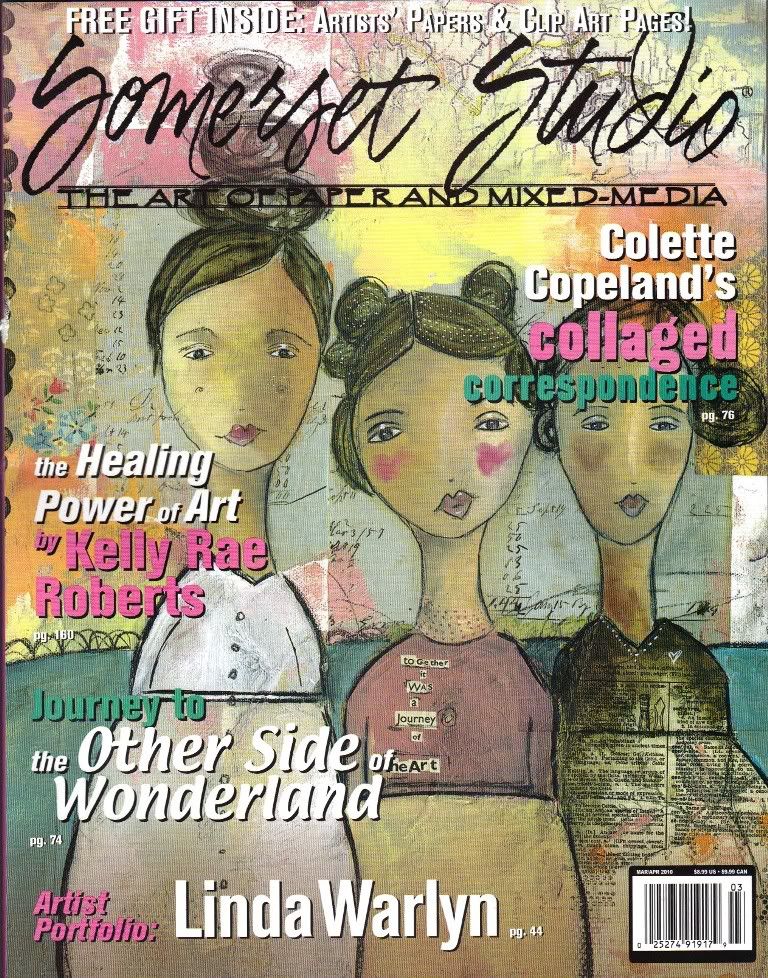 Finally, one of the magazines that has been extremely helpful in transforming my art journaling,
Finally, one of the magazines that has been extremely helpful in transforming my art journaling, 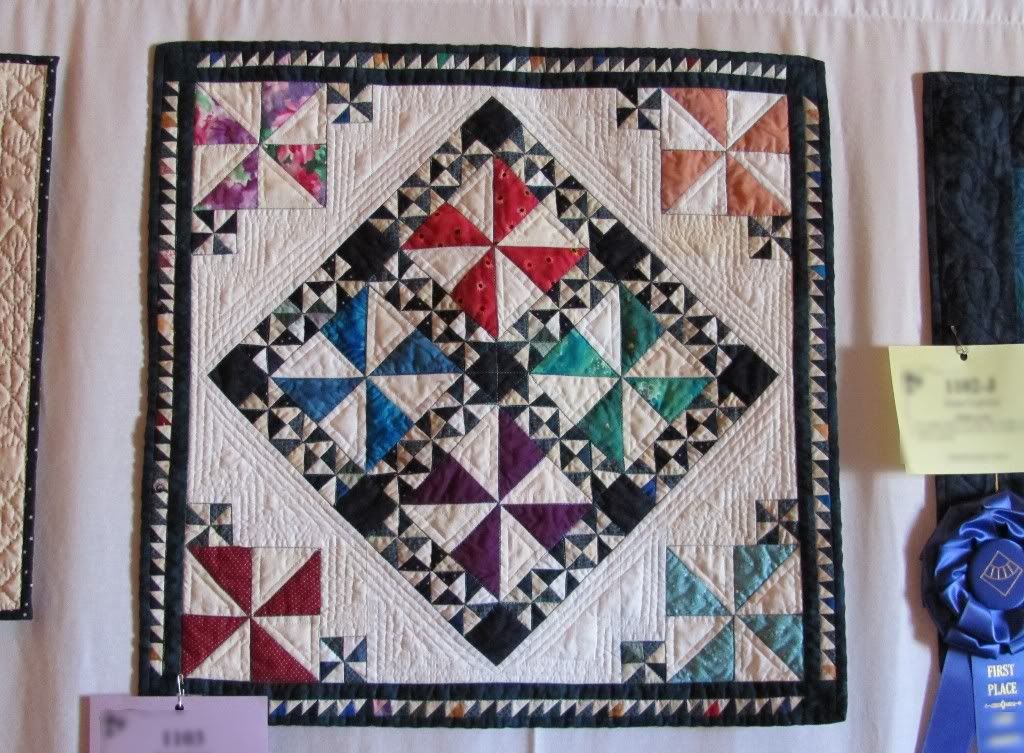
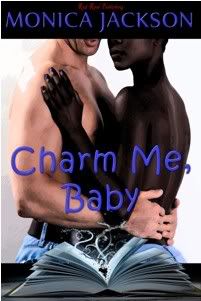 If you enjoy books by author
If you enjoy books by author 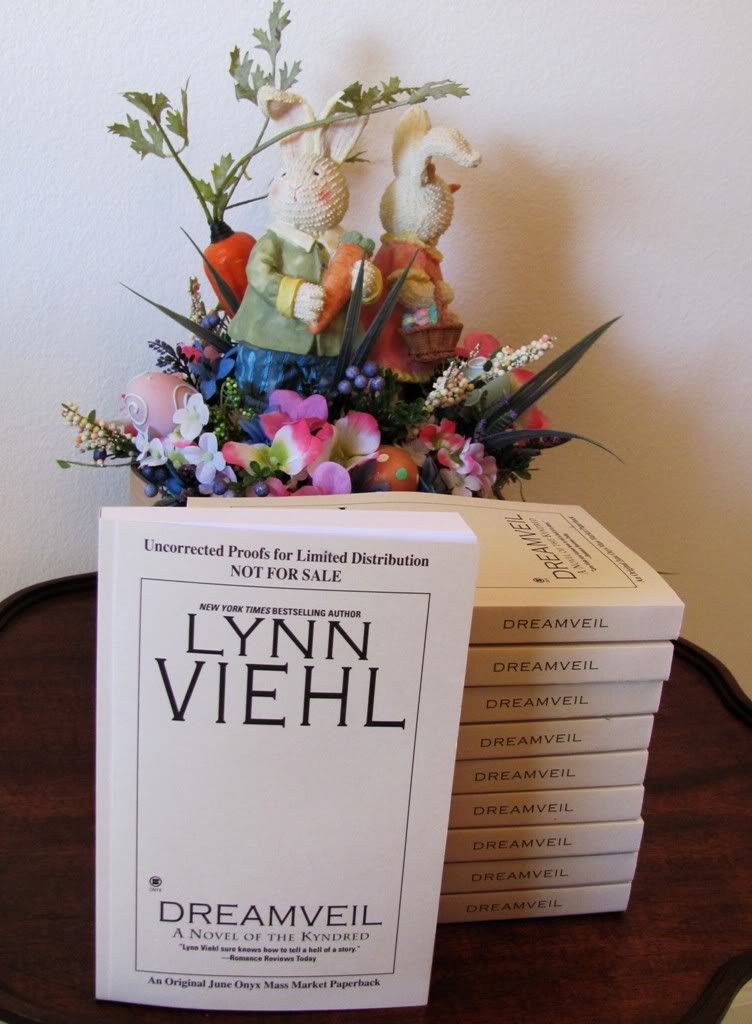 I received a nice box of ARCs for
I received a nice box of ARCs for 